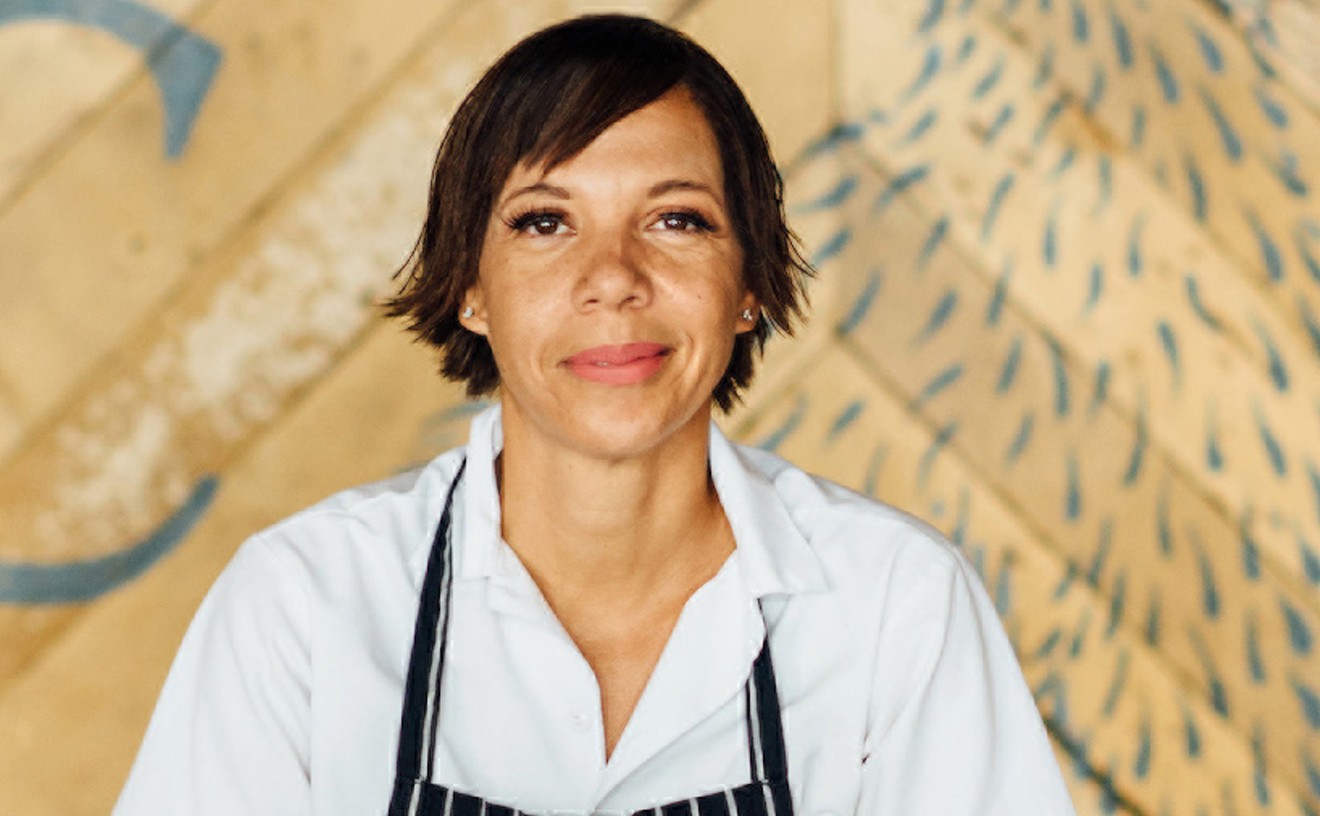You know what's hard? Farming. I'm not talking big-time farming. You know the kind: colossal tractors, measurements in acres, intricate irrigation systems.
Nope, I'm talking about the small stuff. Farms where growers bend over tiny plots of earth, plant seeds, and hope for just a little bit of rain.
Over the past few weeks, I've been volunteering for Little River Market Garden, an urban farm run by Muriel Olivares. And although I always knew sustainable farming was tough, until recently, I had no idea how challenging it all really was.
In a way, it's a choice. Muriel uses no pesticides. When she weeds, she crouches and pries the wild plants out with a hoe. Her other tools? They include a wheelbarrow, a rake, and, occasionally, a tweed sun hat.
Although she harvests produce in the winter, Muriel works year-round. This means that during summer -- when mornings approach 90 degrees and the earth is often humid from the night's rain -- she's laying mulch, planting cover crops, and planning for the upcoming season.
Muriel's farm share feeds about 35 families. And she grows her food entirely by hand -- no machines, no chemical sprays, and no artifice.
Once a week, I help her out. We stick our fingers in the dirt and pluck weeds from the soil. We work side by side. We talk about sprouting, making kombucha, Rolling Stone's recent apocalyptic story on Miami's rising sea levels, and what the word "organic" means.
"Organic is just a word," she says on a recent Tuesday morning while pulling mustard greens out of the ground. "But it really means a lot of things."
Indeed, there's the government-regulated certification program -- that green-and-white label stamped on cookies and cereal at Whole Foods. But should Little River, a farm that grows food with little water and barely any fossil fuels, be described with the same word?
I don't think so. And it took a few days of farming for me to understand why. Small urban farmers aren't motivated by profits. Farming is a lot of hard work with little financial reward. (Which is something a writer can relate to.)
Muriel and other like-minded growers have bigger incentives. Their main goal? To provide Miami, a community that's still learning the worth of its small farms, with another option.
What are our options? Well, when shopping for produce, we get to pick: ethylene-sprayed tomatoes from Publix, out-of-state greens from Whole Foods, or, when in season, kale from a local farm.
The latter probably costs more. But that kale -- and anything else that comes from a small urban farm -- wasn't easy to grow.
So farmers aren't the only ones with a choice. The choice, you see, is also ours.
Follow Emily on Twitter @EmilyCodik.
Follow Short Order on Facebook, on Twitter @Short_Order, and Instagram @ShortOrder.










